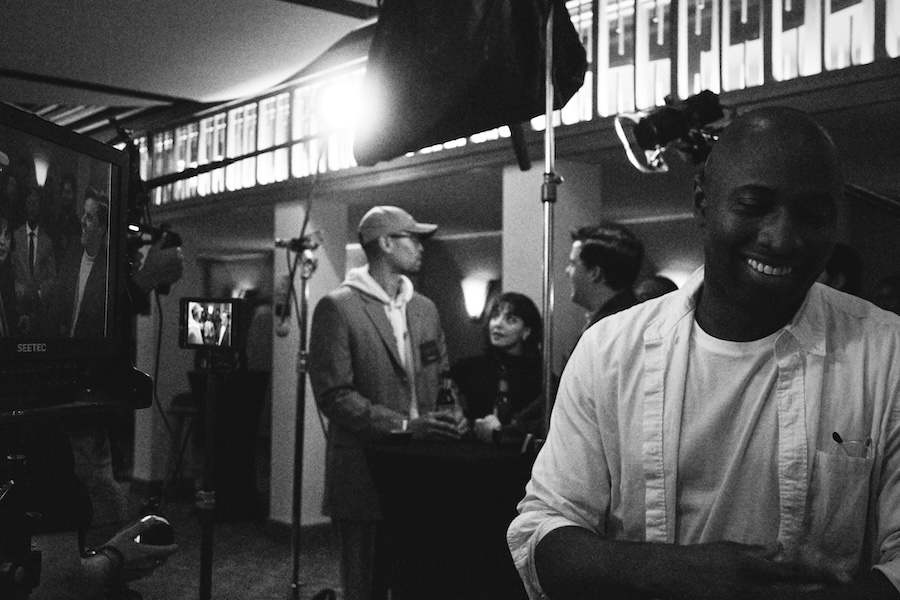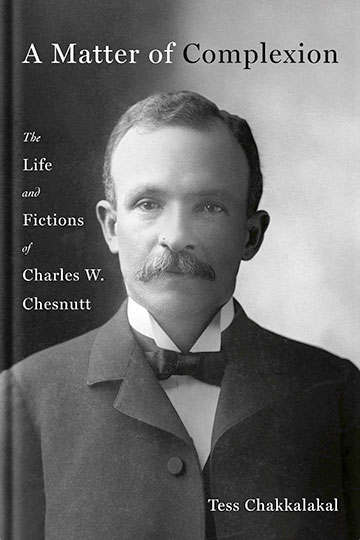What’s So Funny? Andrew Cawley ’17 Investigates Social Criticism in Stand-up
By Rebecca Goldfine
Andrew Cawley has somewhat of a funny job this summer. He’s spending his days alternately laughing and taking notes as he watches videos of stand-up comedy.
Cawley, an English and environmental studies major, has been doing independent research looking at identity and social criticism in stand-up comedy. He is supported by a Surdna Foundation Undergraduate Research Fellowship and is being advised by Associate Professor of Africana Studies and English Tess Chakkalakal.
Cawley is one of about 200 students living on campus this summer. Many of these students have donor-funded fellowships from Bowdoin to pursue in-depth research in their major. These projects often continue into the academic year as independent studies or honors projects.
Cawley is analyzing the works of five different comedians: Chris Rock, Jerry Seinfeld, Margaret Cho, Dave Chappelle, and Louis C.K. These comedians, according to Cawley, address the issue of race in unique ways, and in this way, offer a form of social criticism.
For instance, Cawley argued that while Chris Rock’s black identity is an important part of his comedy, he does not limit his sense of self to this, instead finding comedy and humor everywhere. In this way, he is an objective, and effective, social critic, Cawley said. “His jokes deter people from thinking of him solely as a black man,” he continued. “He’s not a minority punching at the ‘man,’ or the established power structure. He’ll make jokes about white people and abuse of power, and also make fun of black people, too.”
According to Cawley, Seinfeld deals with “nothingness and the meaningless of life. He becomes a critic by establishing his own life as meaningless,” thereby implicating everyone who is listening to him for also engaging in life’s meaninglessness. Louis C.K. “embodies the disgusting, and embraces himself as the underbelly of American society,” Cawley went on. “He reduces himself so far out of society that he can become an objective, outsider eye of American society.”
After achieving fame, Dave Chappelle became a critic of our worshipful celebrity culture. “His identity was being put on him,” Cawley observed, so he stepped away from the limelight and moved to South Africa with his family. Margaret Cho, a queer Korean woman, both embraces this identity — the one most obvious to the broader society — and distances herself from it. “She sets it up and tears it down,” Cawley said, reminding the audience that you can’t free yourself from social markers if you’re silently acquiescing to them.
Cawley has already written a 35-page thesis based on his research, and is now considering turning his summer project into a fall independent study that culminates in an original stand-up comedy routine. “Comedy offers a perspective on life,” he said. “Comedians can function in a philosophical way, talking about how to approach life.”



